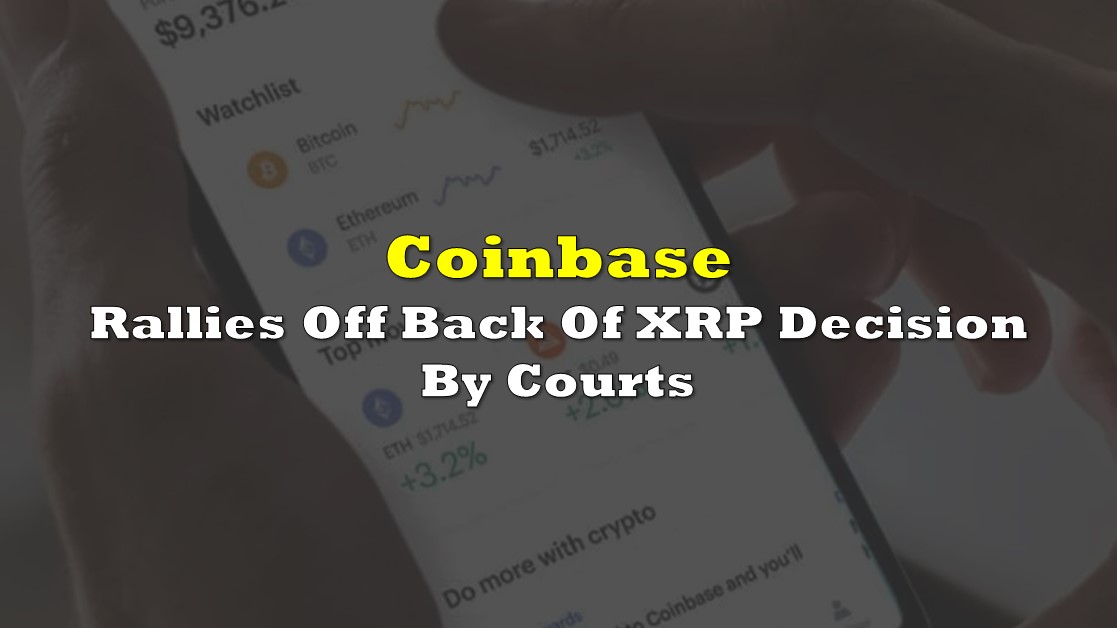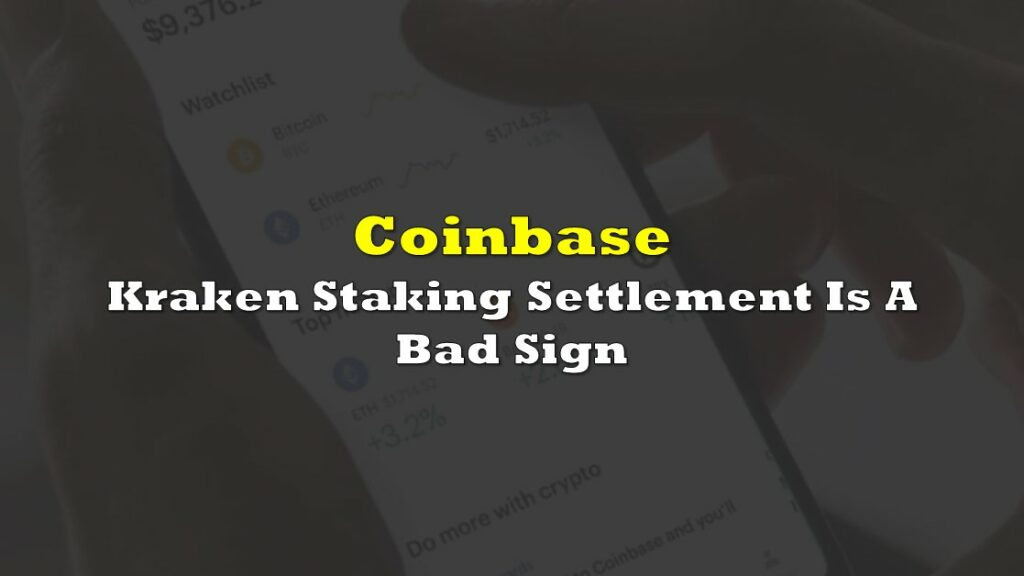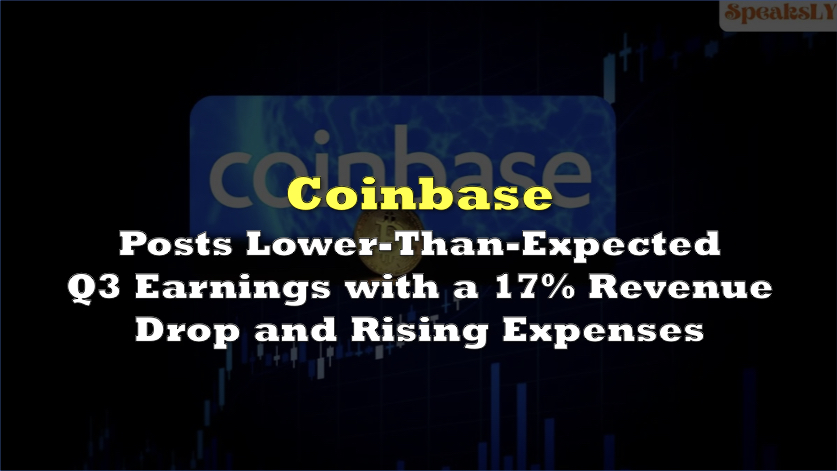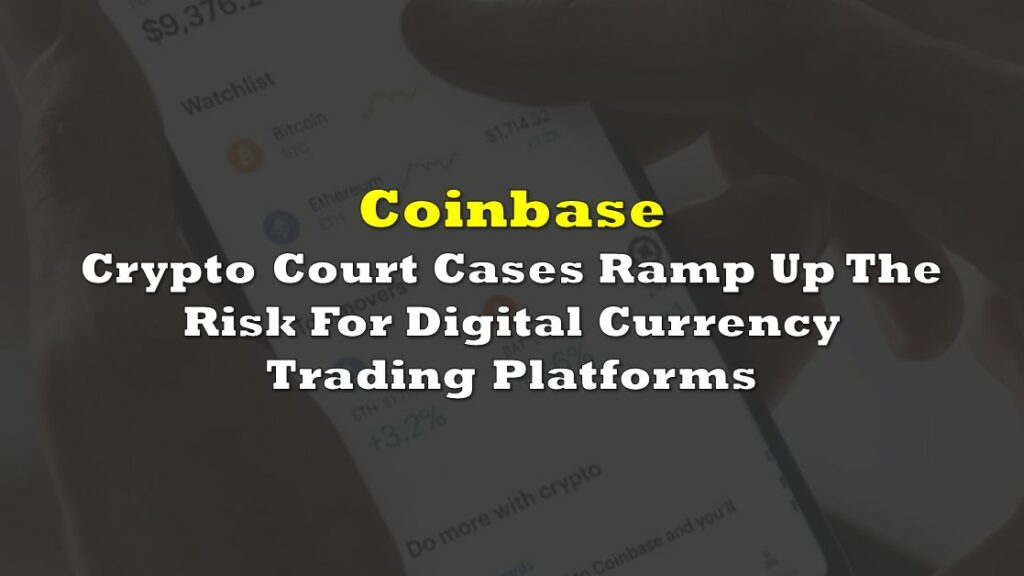On July 13, in a ruling befitting the unpredictable and unquantifiable world of cryptocurrency, Judge Analisa Torres of the U.S. District Court of the Southern District of New York, issued a Solomonic, split-the-baby ruling in a case involving Ripple Labs’ XRP cryptocurrency token.
The net effect of the federal judge’s ruling was a victory for the embattled cryptocurrency industry and, by inference, for Coinbase Global, Inc. (NASDAQ: COIN). We must point out, however, that this very unusual decision will likely be appealed.
By way of background, the SEC filed a lawsuit against Ripple in 2020, alleging that the company illegally raised US$1.3 billion by selling XRP, a cryptocurrency it developed in 2012, to investors without first registering it as a security. Judge Torres ruled that Ripple’s sales of XRP to institutional investors indeed violated securities law, but that such sales violated no laws when they were sold to retail investors. The judge reasoned that the large investors signed XRP purchase agreements that locked up the tokens for a certain period. Given that the institutions could not back out of the accords, Judge Torres believes the institutions had to view XRP as a speculative investment and therefore as a security.
Somehow, the judge at the same time decided that sales of XRP on public crypto exchanges to retail investors were not offers of securities under the law because the sales were “blind bid/ask transactions.” Furthermore, the judge reasoned the small buyers “could not have known if their payments of money went to Ripple or any other seller of XRP.”
The distinction the judge makes between the level of U.S. government protection that should be afforded to institutional investors (seemingly high) versus that given to small investors (apparently much lower) eludes us.
Regardless of the questionable reasoning behind Judge Torres’ ruling and its possible reversal upon appeal, Coinbase, which is facing its own legal challenges from the SEC, has soared 30% on news of (finally) a positive legal development for the crypto industry. XRP shot up even more, in excess of 60%, in 24 hours.
Short covering was almost certainly a crucial part of the Coinbase rally, as about 22% of Coinbase’s float was sold short as of June 30, 2023. As a reminder, in early June, the SEC charged Coinbase with operating its crypto trading platform as an unregistered national securities exchange. For good measure, the SEC also alleges that since 2019 the company has engaged in unregistered securities offerings through its crypto assets staking-as-a-service program.
An interesting aspect of Judge Torres’ Ripple-XRP ruling is that it covered whether the sale of a digital token which a company developed was or was not a security. It did not address secondary market transactions of various digital currencies, which is Coinbase’s bailiwick. It is not clear if the federal court’s July 13 ruling necessarily sets a precedent for these secondary market transactions.
Stay tuned.
Information for this briefing was found via the Financial Times and the sources mentioned. The author has no securities or affiliations related to this organization. Not a recommendation to buy or sell. Always do additional research and consult a professional before purchasing a security. The author holds no licenses.











